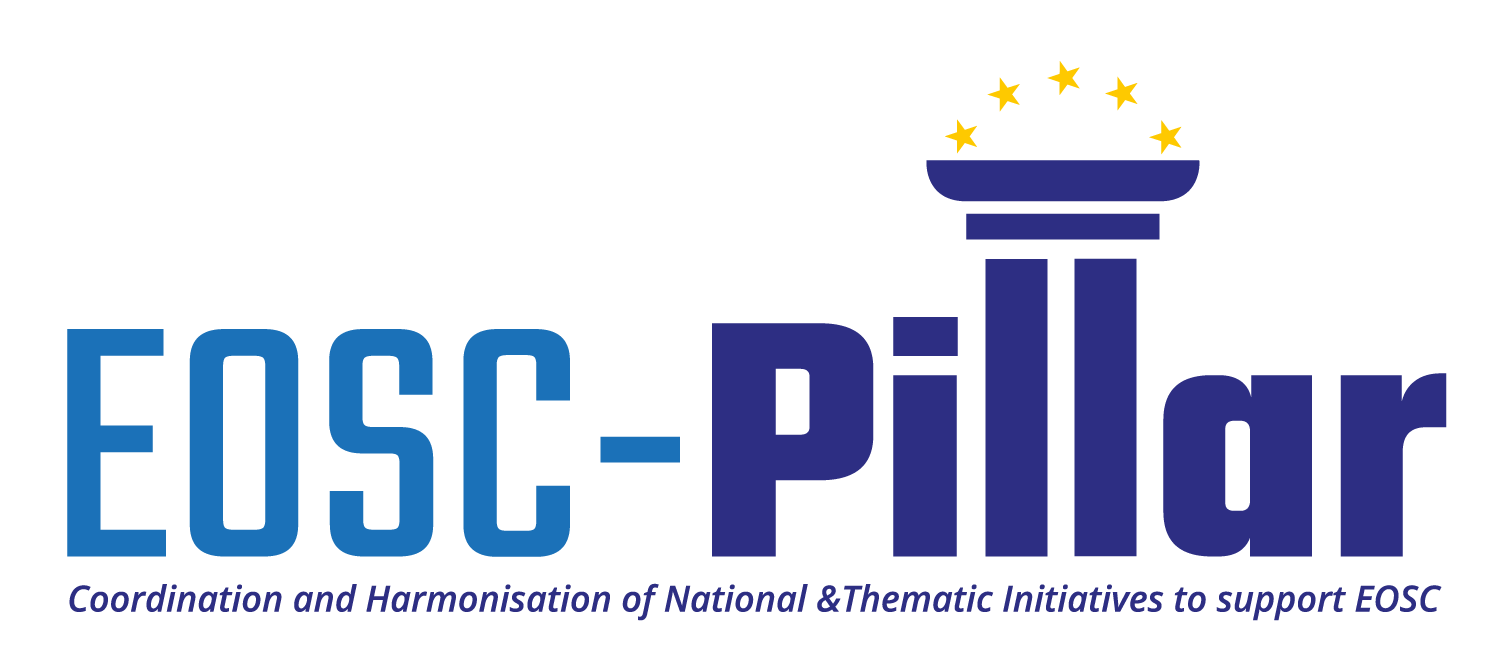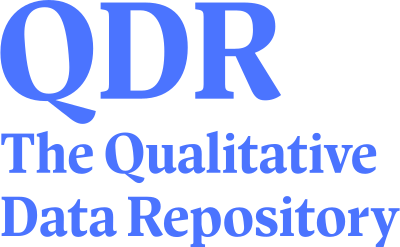
Plan and design
Planning and design of data, research software and other outputs, including the associated documentation. This will include all relevant steps including identifying requirements of research output users, the organisation and research funders, establishing effective approaches to meet their requirements, then reviewing this planning.













